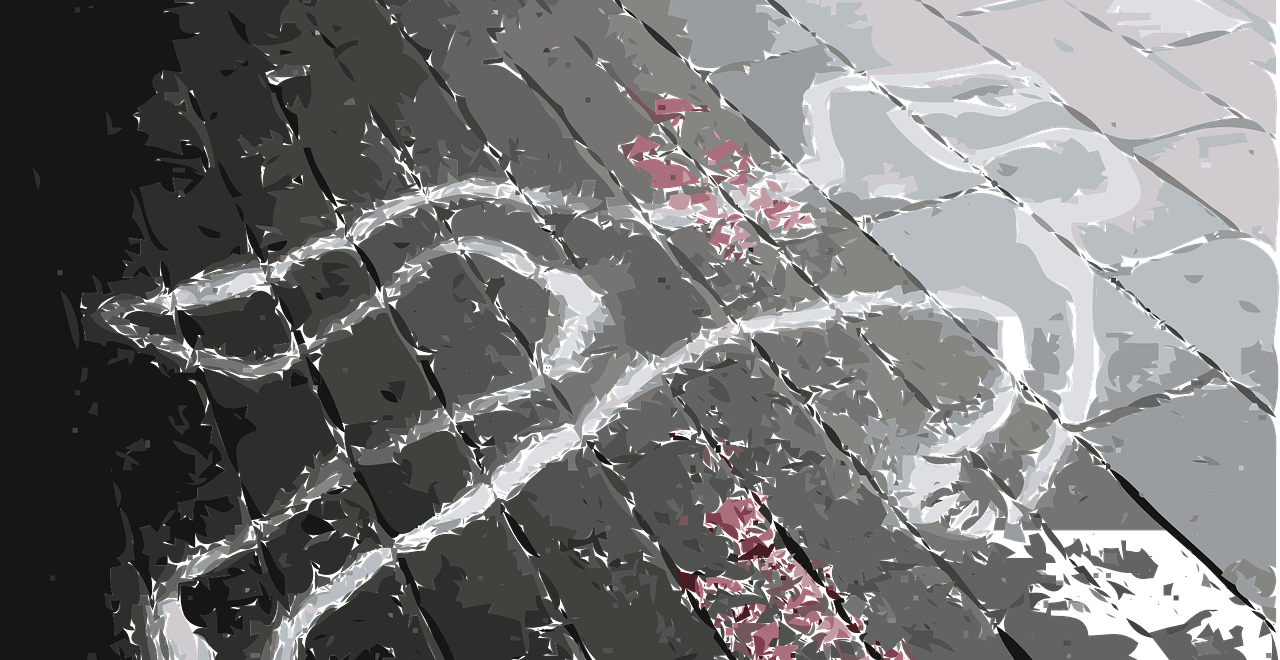Drunk driving is a terrible decision that is easy to make at the moment that not only risks the lives of those involved in accidents but also leaves behind a trail of trauma that can persist for years.
The impact of drunk driving reaches far beyond physical injuries, affecting victims, their families, and communities at large.
When you experience it firsthand it is going to leave lasting scars that will leave you terrified of what could happen in a moment of weak judgment.
The aftermath of a drunk driving accident is often marked by a hurricane of emotions.
Victims may experience shock, disbelief, anger, guilt, and a profound sense of injustice.
Survivors of such accidents frequently suffer from experiencing vivid flashbacks, nightmares, and heightened anxiety.
My own personal experience has left me feeling guilty for worrying my family and friends and also anxious for all of the consequences that followed.
Family members often share in the emotional burden of their loved one’s suffering, struggling to cope with the aftermath of the accident.
Furthermore, communities affected by drunk driving incidents often experience collective shock and mourning, reminding everyone of the fragile nature of life and the importance of road safety.
Thankfully in my own accident no one else was involved, but it is a miracle that I even managed to walk away from my accident uninjured. I am grateful for that everyday.
Recovering from the trauma of drunk driving requires a combination of therapy, atoning for your sins, and finding the support of your friends and family.
For victims and survivors, seeking therapy from mental health professionals who specialize in trauma can help process emotions, develop coping strategies, and work towards healing.
Peer support groups provide a space for sharing experiences and finding solace in the understanding of others who have gone through similar ordeals.
The most effective way to mitigate the trauma of drunk driving is to prevent such accidents from occurring in the first place.
By emphasizing responsible drinking behaviors, raising awareness about the risks of drunk driving, and encouraging the use of designated drivers or alternative transportation, society can collectively work towards reducing the number of accidents.
Harsh legal penalties for drunk driving can assist with potentially preventing future incidents and sparing others from the trauma that victims endure.
Through preventive efforts, individuals and communities can hope to spare themselves and their loved ones from the emotional devastation that often accompanies a drunk driving incident.
The trauma of drunk driving reaches far beyond the physical injuries, leaving emotional and psychological scars that persist long after the accident.
Survivors, families, and communities bear the weight of these traumatic experiences, coping with grief, anxiety, and emotional turmoil.
However, by creating a culture of responsible drinking, promoting public awareness, and offering support systems, society can work towards recovery and healing.
As we acknowledge the deep impact of drunk driving trauma, we take a step closer to preventing future accidents and providing support to those who have experienced its devastating effects.

